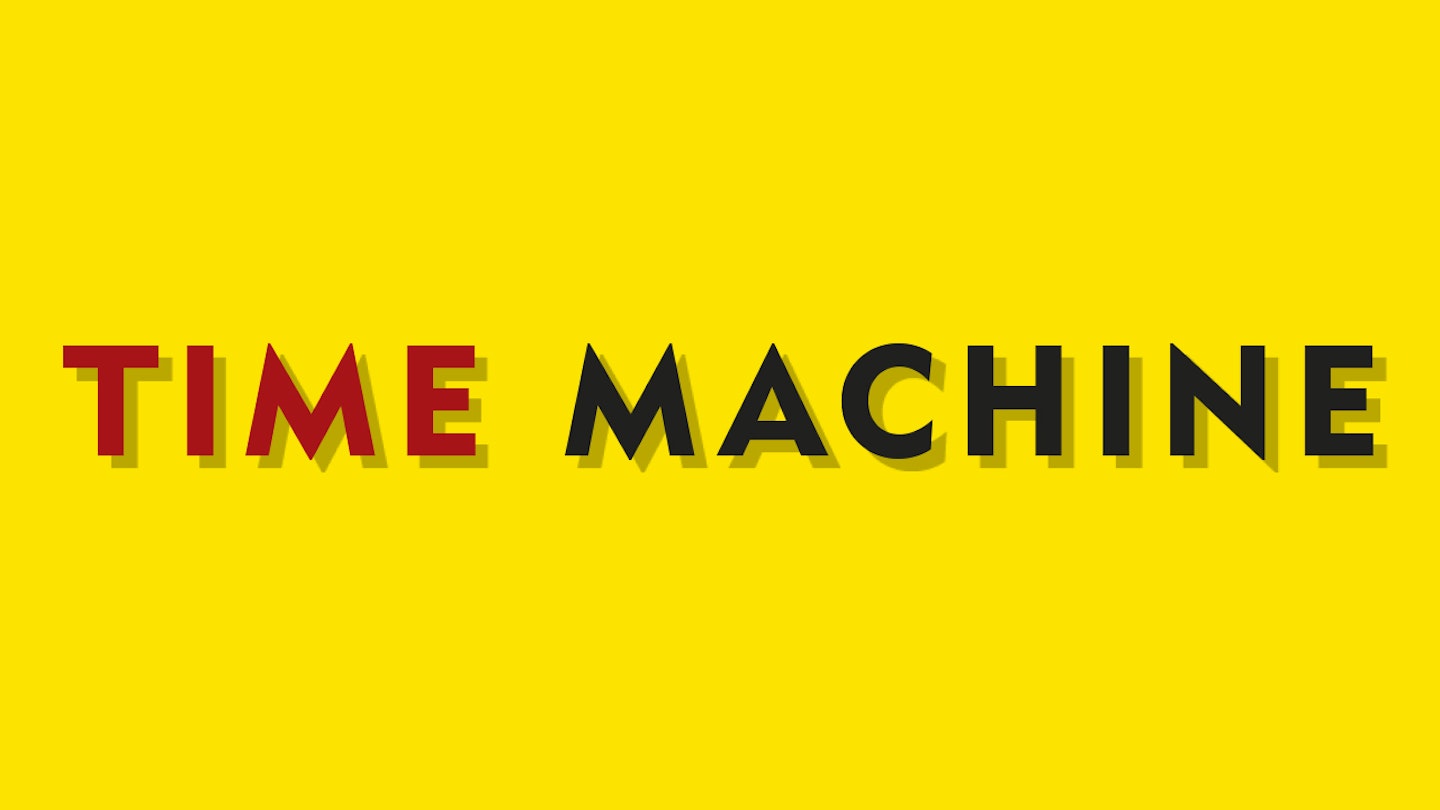25 December 1954
IN 1954 THE WORD HAD SEEN ELVIS PRESLEY RELEASING HIS DEBUT SINGLE, THAT'S ALL RIGHT. But it was Bill Haley And The Comets’ sanitised version of Shake Rattle And Roll that introduced rock to the British public in time for the holly-and-mistletoe decorated festivities. On December 18, the Haley single entered the UK charts at 13, later peaking at Number 4.
In the States, where kiss-curl bandleader Haley had already logged chart entries with Crazy Man Crazy, Fractured, Live It Up and Rock Around The Clock, Shake, Rattle And Roll also triumphed, reaching Number 7 and remaining among the best sellers for 27 weeks. When the smoke cleared someone worked out that the single had become the first rock recording to sell a million copies. Looking back, it was hilarious. All those people, raised on a diet of Perry Como and Eddie Fisher, singing along with Haley at Christmas parties and not realising the double entendre of the “one-eyed cat peepin’ in a seafood store”. The song, penned by Jesse Stone under the pseudonym Charles Calhoun and initially recorded in its raw state by Big Joe Turner, had been largely cleaned up by Haley’s producer, Milt Gabler, the man who had shaped countless hits for Louis Jordan and others. “I didn’t want any censor with the radio station to stop it being played on the air,” claimed Gabler.
“All R&B records are dirty and as bad for kids as dope.”
Peter Potter
He had a point. Arguably the biggest R&B record of 1954 had been The Midnighters’ Work With Me Annie. It had topped the charts for seven weeks straight and, horror of horrors, had crossed over to become a favourite with white teenagers. Somewhat explicit, with lead singer Hank Ballard pleading, “Annie, please don’t cheat, give me all my meat”, the single caused some factions of the recording industry to join forces in order to ban R&B altogether. Peter Potter, host of CBS’s Juke Box Jury, spearheaded the attack declaring, “All R&B records are dirty and as bad for kids as dope.” Mambo, a dance having a considerable revival in late 1954, also had its detractors. On December 18, ABC TV and Radio blacklisted Rosemary Clooney’s Mambo Italiano hit because they deemed it to contain “offensive lyrics”. Clooney’s label was forced to counter with statements from a professor of romantic languages and a Catholic priest, both of whom confirmed that the Italian lyrics were “in no way offensive or vulgar”.
It seemed The Drifters were taking no chances. They’d recorded a cover of White Christmas in November 1953. Nothing could be less inflammatory or more seasonal. Atlantic Records stuck it out in Christmas 1954 and, that December, the voices of lead singer Clyde McPhatter and bass-man Bill Pinkney, were hardly off the air.
Rock'n'Roll Controversy
Meanwhile, despite, or maybe because of, the controversy surrounding many R&B releases, black music – now dubbed rock’n’roll following the success of Alan Freed’s Rock And Roll Party radio show – flourished with a teenage audience. In mid-December, Billboard magazine, under the headline, Diskeries Drive In R&B Field, announced that RCA was reorganising its R&B department, starting a talent search and bringing in a new general manager for its Groove label. The report added, “in most recent weeks Decca have taken a new and aggressive look at the R&B field with arrangements to bring Jerry Leiber and Mike Stoller of Spark Records into the fold.” Capitol Records, too, were reportedly pushing towards R&B thanks to A&R exec Dave Cavanaugh who had masterminded a current money-spinner, Ling Ting Tong by The Five Keys, while Billboard continued: “Currently doing well in the pop field are such discs as Dootone’s Earth Angel by The Penguins, DeLuxe’s Hearts Of Stone by The Charms, Atlantic’s Tweedle Dee by LaVern Baker…”
Several of these artists, plus Fats Domino, Buddy Johnson, The Clovers, The Moonglows and others, were due to appear at Alan Freed’s historic, post-Christmas Rock’n’Roll Jubilee Ball Shows in New York. Freed mailed promotional material to members of every rock’n’roll fan club, the phrase “rock and roll” being mentioned 10 times in his one-page letter. R&B was suddenly passé. The big beat had acquired a new, and lasting, identity.
As America rushed headlong into what some saw as the rock’n’roll abyss, Britain was, thanks to Shake, Rattle And Roll, stepping gingerly into a teen-filled future, fighting off the challenge of seasonal knees-up fodder like Winifred Atwell’s Let’s Have A Party and The Big Ben Banjo Band’s Let’s Get Together. Things would never be the same again.
